#son of the south
Text

146 notes
·
View notes
Text


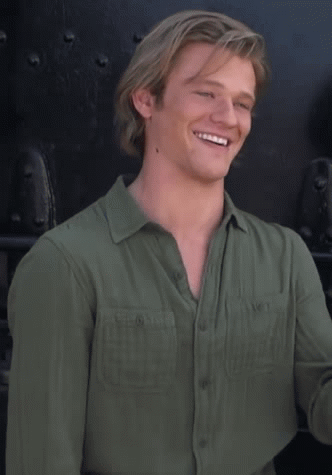

#lucas till#lucas till gifs#macgyver#angus macgyver#macgyver reboot#crush#wolves#bravetown#x men first class#x men apocalypse#monster trucks#son of the south#the collective#the abandons#the abandons netflix#actor#talented#hot guy#gorgeous guy#one of my faves
57 notes
·
View notes
Text
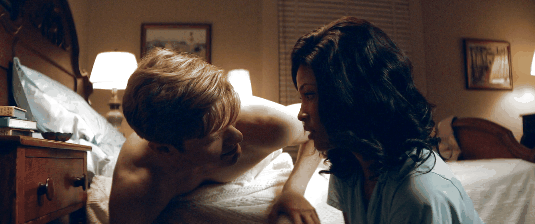

Bob & Joanne Son of the South (2020)
22 notes
·
View notes
Photo
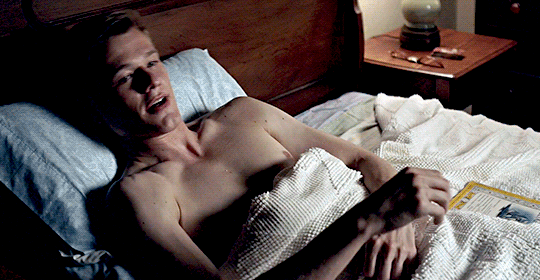
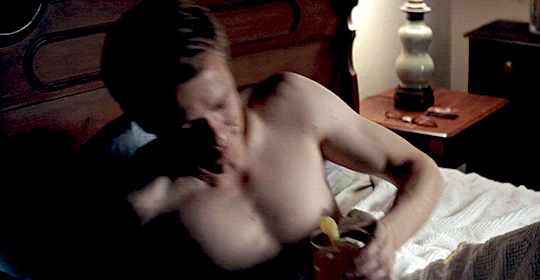

LUCAS TILL in SON OF THE SOUTH
requested by anonymous.
#lucas till#lucastilledit#son of the south#sonofthesouthedit#filmedit#requested#photoset#**#mine*#him..... i love him
289 notes
·
View notes
Photo

Lucas Till and Barry Alexander Brown in Seattle for the “Son Of The South” Screening.
Source: Verane Pick Brown (Insta Stories)
24 notes
·
View notes
Text
youtube
I tell this story to myself often.
It's a story Spike Lee produced in Son of the South, based on the book The Wrong Side of Murder Creek: A White Southerner in the Freedom Movement. That's Bob Zellner's autobiography, and in there he quilts together his life story that resists his white supremacist Alabama upbringing and changes his path toward racial justice.
Bob’s father, James Abram Zellner, was an Alabama Klan evangelist, called a “Kleagle” in Klan nomenclature. He attended a local junior college founded “to teach Klanism” in the panhandle of Florida.
You know it well. It was Bob Jones College. He graduated in 1932.
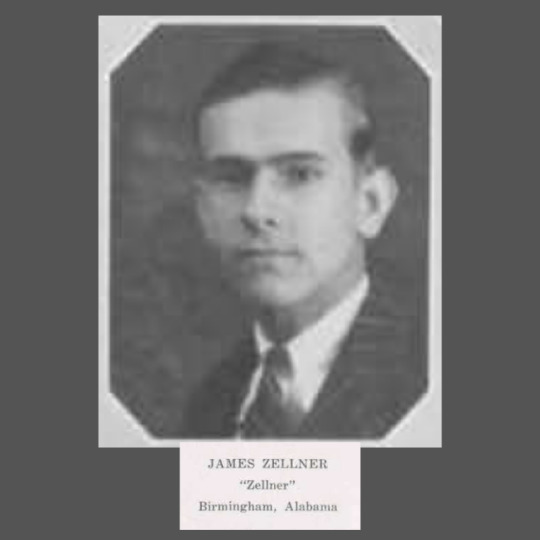
Around 1935, James traveled to Eastern Europe with Bob Jones Sr., promoting that Southern-grown ideology “to the Jews,” according to his son. Bob Jones, of course, left the effort after a short time, but James stayed on, enduring a grueling, lonely trip for a twenty-three-year-old. Jones himself said in a “chapel talk” in Cleveland, Tennessee, in March 1935, that James was “plough[ing] through the snow, sleep[ing] in barns, and eat[ing] black bread” that year.

Zellner’s son Bob--named after Bob Jones--describes his father’s mission trip as forcing an internal struggle:
Patriotism and nationalism vied in Dad’s soul with the racist beliefs he had actively espoused since boyhood. The fascists would soon be enemies of his country, yet their ideology was close to his own.
Think of it. James was in Eastern Europe, seeing the rise of a terrorizing nationalism, and it was beginning to dawn on him that this ideology was no different than his fundamentalism -- than his Klandamentalism.
Several months into his trip, James Zellner had his “defining experience." Bob describes it in his book:
It was the dead of winter and my father traveled in deep snow, mostly by horse drawn sled, with no one but a guide and a Latvian interpreter. Going from one little secret church to another scattered across the Russian hinterland, my father’s small band of outlaws joined up with the group of gospel singers from the United States, who were making the same underground rounds. It had been so long since Dad had heard any native English spoken, he was transported with delight. What is more, they spoke with Southern accents. Daddy said, “Bob, it was so wonderful seeing people from home.”

The Southern “gospel singers” were cut from the same cloth as James. They spoke with the same dialect. They were after the same goal. Kenneth Burke would say that James and they were “consubstantial.”
However, Bob explains further:
the singers were all Black. It was the first time in his life, Dad told me, that he spent whole days and nights with Black people. “We preached together and sang, we ate together in the homes of the poor people, many times using our fingers as there were few utensils, reaching in the common pot of potatoes with small pieces of salt-meat, and maybe some cabbage. We even slept together, either in one big bed or huddled together on the floor for warmth beneath some thin and ancient blankets. We talked about home and food and a warm fire and the most disconcerting thing kept happening. I forgot that they were Black!”
Today in 2023, we bristle at Zellner’s foregrounding of “color blindness.” In not seeing while he is eating with, working with, and sleeping with his compatriots, he is glossing over his own necessary wrestling with his unjust ideology. But James told his son that his chosen sightlessness could not stick:
"It finally got to bothering me so much I just determined to make it light on myself and forget about color while I was here and just go back to the old way when I got back home. But, you know, things never were the same after living with my friends and not thinking about what color we were,” he said, “It certainly ruined me as a Klansman, that’s for sure.”
Empathy changed him. It changed his membership, his faith, and his children. Identification “ruined” his hate. Bob Zellner describes his father’s experience as a narrative of struggle between white supremacy and virtue:
Being an intelligent man and a real believer in the gospel of Jesus, Dad was forced to wrestle with the deep beliefs from his childhood. In the final analysis he could not reconcile his belief in white supremacy with the high ideals of his country, the teachings of his church and Bible, his innate intelligence, and, now, his own experience in Europe.
When Dad finally broke with his Klan brothers in the mid-1940s, Mom happily cut up his Klan robes and made white shirts for us boys to wear to Sunday school.
KKK robes were redeemed for Sunday best.
For both Zellners, Klannishness was more aligned with the Third Reich than America. But an outsider did not dismantle Zellner’s narrative. It took that internal struggle for James Zellner to finally repent of his Klandamentalism.
I tell Zellner’s story often. The story reminds me that ordinary people can choose kindness and justice over tribalism and tragedy.
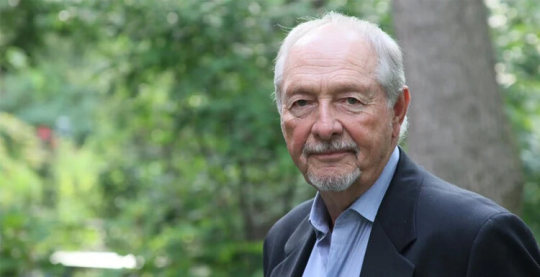
Bob Zellner would go on to march with Martin Luther King, Jr. on Selma. Imagine it -- a man named after the founder of a school dedicated to teach Klanism, named after the Klan preacher who married his parents, named after Bob Jones himself, our Bob Jones -- that man marched for justice.
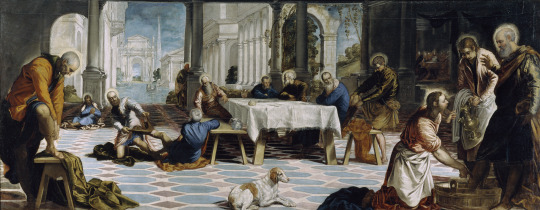
On this Maundy Thursday when we remember Christ's greatest commandment to "love one another," may this story of James Abram Zellner's repentance goad us to the same repentance.
May we all follow Christ and love one another -- that is, love the Other.
#Bob Jones University#Bob Zellner#Son of the South#Bob Jones College#James Abram Zellner#The Wrong Side of Murder Creek#Spike Lee#Klandamentalism#Youtube#Class of 1932
6 notes
·
View notes
Text

Waiting for that bus
#my art#fanart#south park#I had such bad art block and South Park saves me every time#south park fanart#main 4#main four#stan and those guys#stan marsh#sp stan#sp kyle#kyle broflovski#eric cartman#sp cartman#kenny mccormick#sp kenny#asshole sons
5K notes
·
View notes
Text
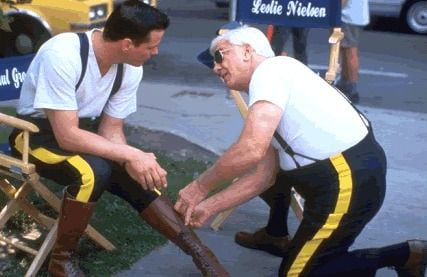
A while ago, I found this pic, and then came across this on TV tropes:
Leslie Nielsen, who played Sgt. Buck Frobisher, was the son of a Mountie in real life. During his first appearance on the show, he took Paul Gross aside and told him that he was lacing his boots incorrectly and then proceeded to teach him the proper way for a Mountie to tie his shoes.
I find the whole quote extremely endearing (and also vividly Canadian).
#due south#ds30below#leslie nielsen! the son of a mountie in real life!#paul gross was lacing his boots incorrectly!#nobody told him! before leslie nielsen came to the rescue!#this is beautiful
448 notes
·
View notes
Text
matt and trey were so right to make an episode based off the concept “wouldn’t the boys look so cute in these outfits.” especially since when i watched the episode i had to keep pausing because they were so god damn cute in their little outfits that i had to take frequent breaks to calm myself down
2K notes
·
View notes
Text


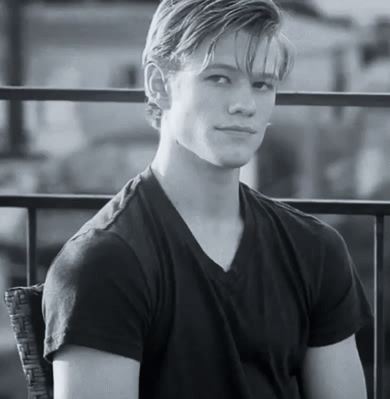


Lucas Till in All Superheros Must Die (2013)
#lucas till#lucas till gifs#all superheros must die#macgyver#macgyver 2016#macgyver reboot#crush#wolves#bravetown#x men first class#x men apocalypse#monster trucks#son of the south#the collective#actor#talented#hot guy#gorgeous guy#one of my faves
76 notes
·
View notes
Text
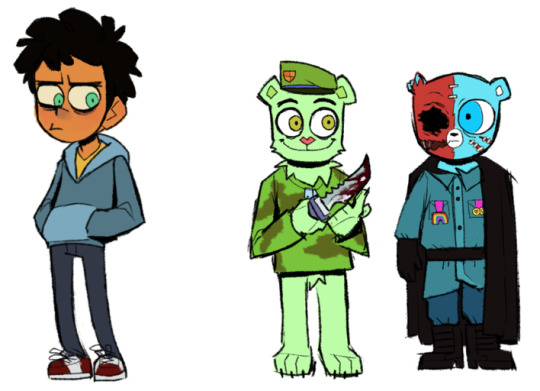





A bunch of old, sh*tty drawings from one big one that I never finished.
#camp camp#camp camp max#final space#little cato#south park#eric cartman#kyle broflovski#stan marsh#kenny mccormick#the umbrella academy#five hargreeves#Rick and Morty#rick sanchez#morty smith#Monkie kid#Red son#lmk red son#star vs the forces of evil#svtfoe#tom lucitor#bazookaboi’s art stuff#Fanart
632 notes
·
View notes
Photo

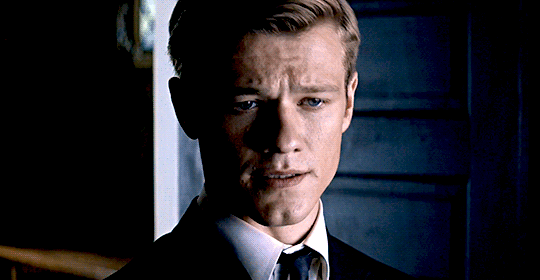
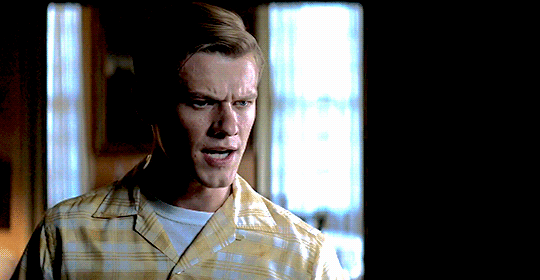
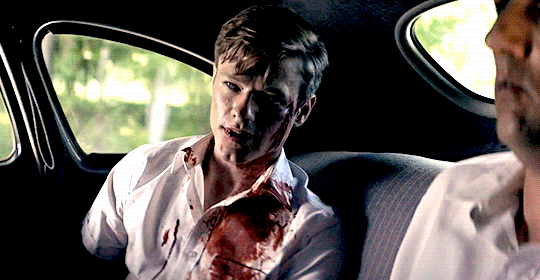
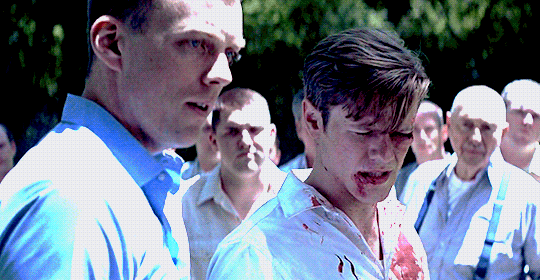
LUCAS TILL in SON OF THE SOUTH (2020)
99 notes
·
View notes
Text

carrying home the groceries with your lifelong super best friend roommate boyfriend thing
#art#south park#south park fanart#fanart#sp style#sp stan#sp kyle#stan marsh#kyle brovlofski#digital art#they're ugly and they REEK#i love them tho#my sons
1K notes
·
View notes
Text
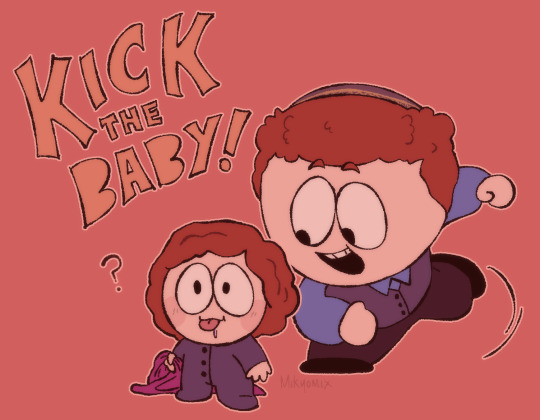
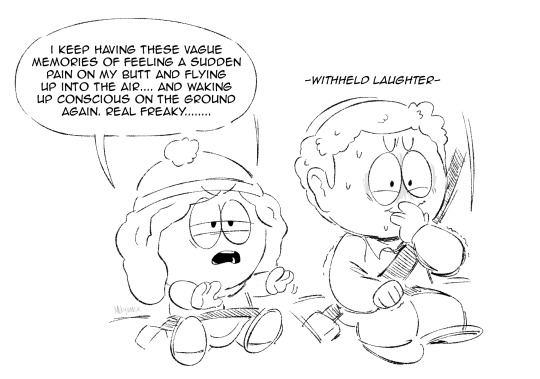
the unspoken broflovski family curse
#added the doodle late oops#taikko art#dont ask me what happened to my old sketchy painted ish style when i first started making sp art#did you know?? that i enjoy?? not? hurting???????????#its south park let me take it easy ugh finally i can draw in a style thats easy rottmnt artstyle kicked my ass#'why is kyles son wearing a different outfit?' i headcanon that kyles daughter is actually wearing hand me downs from him!!#i desperately need confirmed names omfg#I LOVE CHARACTERS WITH BARELY ANY CHARACTER TO THEM!! IT MEANS I CAN DO WHATEVER I WANT!!#me when i get to slap personalities and headcanons on characters that were on screen for less than a minute <3#i need to read peoples headcanons on them please im so uncreative and i need to eat i am NOT self sustaining#south park#south park art#south park fanart#sp fanart#sp art#sp fandom#south park fandom#south park post covid#sp post covid#post covid#kyle#kyle broflovski#sp kyle#south park kyle#pc kyle#post covid kyle
1K notes
·
View notes
